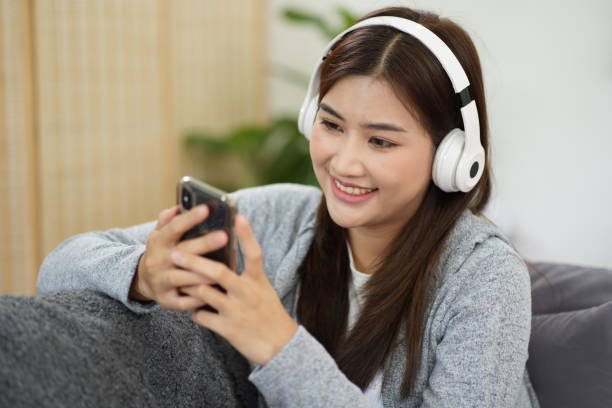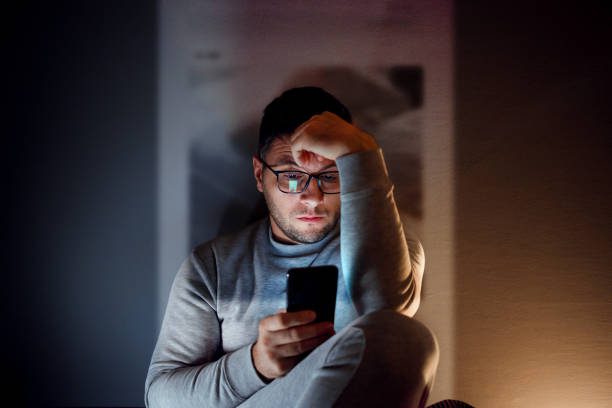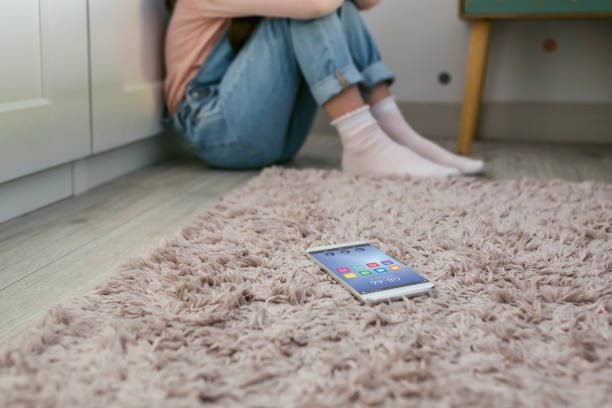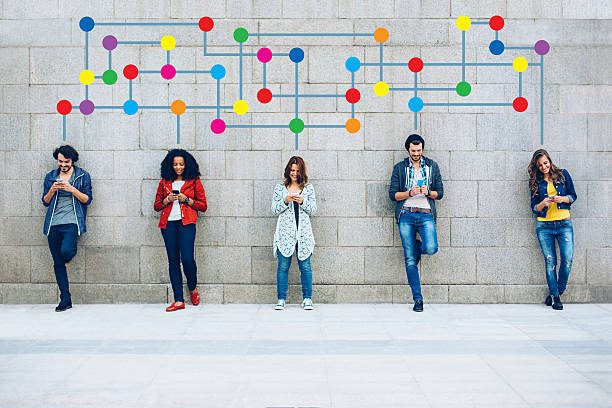This content is for informational and educational purposes only. Always consult a qualified healthcare provider.
Back in 2018, I remember a 19-year-old girl in Lagos tweeted about feeling hopeless and alone. Within hours, thousands of strangers flooded her replies with love, helplines, and resources. If you ask me, that’s social media at its best and a lifeline when you’re drowning.
But the flip side is that, that same year, over 60% of people on social media admitted it was messing with their mental health.
How can something so connecting also be so isolating?
It starts with a ping. One notification, a quick rush, and suddenly you’re scrolling for hours. At first, it feels harmless. But then you see someone buying a house, losing weight, or traveling the world, and you’re still in your pajamas and have only $58.12 in your account wondering “what’s wrong with my life?”
But social media isn’t all bad. It gave us funny mental health memes that make us laugh through hard times. And sometimes, a stranger’s post feels like it’s written just for you, making you feel less alone.
Like ChatGPT would say, social media is a double edged sword.
📋 Table of Contents
The Key Takeaway.
Social media isn’t good or bad by itself. It’s all about how we use it. If we make good choices, we can enjoy the good stuff and avoid the bad. The real question is, are we ready to take back control of our mental health in this digital world?
The Good.


Social media has changed the way we talk about mental health. Campaigns like #endthestigma and #mentalhealthawareness have made therapy normal, and online communities give support to people who feel alone in their real lives. For many, including myself, apps like Instagram and Twitter are more than just social, they’re lifelines.
Give social media it’s credit, if you’ve ever searched “how to stop feeling depressed” or felt seen by a post that says, “It’s okay not to be okay,” then you’ve felt the impact of social media.
Suddenly, mental health isn’t some big secret anymore! It’s out in the open. But don’t get it twisted because it can connect you and also trap you.
The Bad.


Even lifelines can turn into chains. You may not agree but social media pressures us to look perfect, and algorithms push polished, picture-perfect lives in our faces. Over time, these things add up to what makes us feel like our messy, imperfect realities aren’t good enough.
You open Instagram for a quick scroll. First, you see a fitness influencer with perfect abs, okay! Then, a couple on vacation in Dubai trying out the most expensive shoes in a store. You felt fine before, but now you’re wondering why your life and your body (probably) don’t look like that.
That’s the trap I’m talking about. It’s called comparison culture. Social media is just a highlight, and deep down, we know it. But our brains don’t care and still scream, “You’re not enough.”
The Ugly.


Behind the sweetest posts, there’s the harsh reality laying around. Cyberbullying has destroyed lives, with some victims driven to despair or suicide. People have been murdered after meeting strangers they connected with online, and trolling has forced many to leave social media, carrying wounds that even therapy can’t fully heal.
Then there are the harmful trends like teens starving themselves to look a certain way or unqualified fitness influencers sharing unhealthy workouts and food plans they see online. Social media platforms claim to “block this type of content,” but they’re still there!
The fake vulnerability on social media is also tiring. People share their mental health struggles, and what do they get? A mix of “We’re here for you” and “Stop being dramatic.” While at it, everyone’s throwing around words like “anxiety” and “depression” without proper context of those struggles. It is highly insulting.
And let’s talk about the addiction. Every like, comment, and share gives a quick dopamine hit. Guess what? It’s the same chemical linked to drug addiction. Before you know it, you’re not just using social media, you’re addicted to it.
How To Protect Your Mental Health Online.
- Ask yourself why you’re on social media. Is it to connect, to escape, or to impress? Your answer might surprise you.
- Once you’re brutally honest about your intentions, you should start setting boundaries.
- Unfollow accounts that make you feel less-than and follow people who inspire and uplift you.
- Mute and absolutely block accounts that mess with your peace.
- Use apps or a timer to track and reduce screen time.
- Instead of scrolling aimlessly on reels and shorts, focus on talking with people who really matter.
- Try asking yourself what your mental health would look like without social media and if the thought scares you, it’s time for a digital detox, even if just for a day or a weekend.
- And for the love of your sanity, remember that nobody’s life is as perfect as their posts.
Social Media Is What YOU Make of It.


Social media isn’t good or bad. It is JUST A TOOL. Used wisely, it can help connection and even healing. But used carelessly, it can crush your confidence, feed addiction, and make mental health struggles worse.
Next time you hear that ping, take a moment. Your mind will thank you.
And social media companies? They need to stop pushing harmful content and start taking responsibility. It’s time we held them accountable for boosting harmful content too.
Enough is enough!

